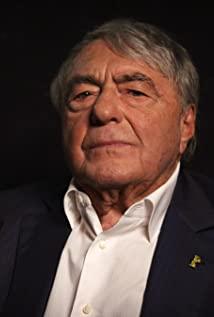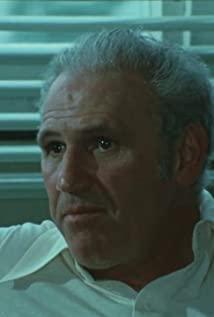A nine-and-a-half-hour movie can be a disaster without thinking about it. Of course, mature business logic can package it into a stimulating challenge, so a large number of people participate in the gimmick of "the only time in their lives to watch nine and a half movies". Came in. I am no exception.
Frankly speaking, for Auschwitz, apart from what I should know, I don't have much insight. I once realized some of the meaning of "no more poems after Auschwitz", but I have the right to serve as a humble commentary of a low ebb life. Little is known about people, the evils of human nature, and the terrible evils that ordinary people can commit.
And "Holocaust" is such a testimony of historical memory.
A survivor said the theme of the movie. He was a Jew who was selected to work in the gas chamber, and one day he suddenly found out that he was a friend of his acquaintance, and he broke down. So he decided to get into the crowd and die with everyone. The Jews around found him, crying and said to him, no, you have to survive, you have to survive if you have a chance, you have to tell other people what happened to us, tell the whole world, you have to tell our suffering.
With such a responsibility, he survived.
In front of the camera, many people choked up when they thought of the past, and kept saying, "Please, please don't let me say it, can I not say it?" The director comforted them and insisted, " No, please tell it."
This is the meaning of the whole film. Not for curiosity, not for accusation, but just to tell it, and store this heavy experience in the entity's cultural memory. People will die, not to mention people tend to forget the unpleasant past, but such memories are extremely important to the entire human race. Because it depicts the extreme of human madness, the extreme of human evil.
Thus, the responsibility of witnessing gave the survivors the courage to live. They cannot die easily, but they want to tell everyone what happened and touch the "consciousness of the world." Through their reports, the concentration camps and Jewish quarantine in our hearts have been rebuilt into a more three-dimensional hell full of pleading and suffering. We no longer read the death numbers in the books as a bystander, but put ourselves in the desperate one. Scene, work with them, burn the corpse, escape, fight. We became one of them.
Yes, we become one of them. It is often said, what does the Jewish business have to do with us? A lot of our own affairs have not been dealt with properly, how can we have the time to manage these things? At this time, someone will come up with that famous poem and threaten everyone to say that if you leave them alone today, their fate will be repeated on you tomorrow. Such reasons always seem more mundane, and its deduction ultimately comes down to the level of self-preservation.
I tend to think that we care about Jews and concentration camps because we are human. We also feel the same for their suffering. The husband working in the camp faces the wife and children who are about to enter the gas chamber, but cannot tell the truth. Can we not feel this kind of heartbreak? The girl salvaged the corpse of her lover in the sewer and buried him with dignity. Can we not feel such dignity? Seeing thousands of people entering the gas chamber and running on the death line like processing industrial products, can we not feel this shocking experience?
We can feel it. Because we are human. Because the suffering of the Jews is our suffering. Because the sins committed by the Germans are our sins. We also have to testify, we also have to speak out, we also have to accuse, we also have to resist, we also have to kneel, we also have to repent. Because we are also human.
Is this reason not enough? Hasn't the consciousness of the world been touched yet?
One of the survivors said in the film that he felt he had to survive and survive in hell, but if he survives, his compatriots may all be extinct. If he survives, he is the only person in the world. . One can imagine his despair, his despair of the world, his despair of other people. Even if he survived, he would be the only person in the world.
Where are the others? Oh, no, or you can say, where are the other dolls and other rags? How can we grow vegetables normally, send children to school, go to work as usual, and be intimate with our loved ones? It is not only the Jews who were reduced to inhumans by the Germans, but we are all the same.
In this sense, the survivors are all prophets. They told us that human beings still live in caves, thinking that life is decent and happy, colorful, but in fact extremely dark. What they gave was a testimony, as well as a prophecy.
This is why they have to speak up and we have to listen. They keep saying it, we keep listening. Only in this way can the lesson be remembered and human beings can be forgiven.
View more about Shoah reviews










